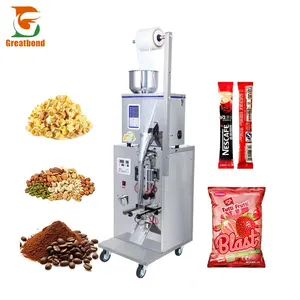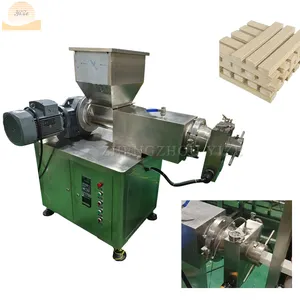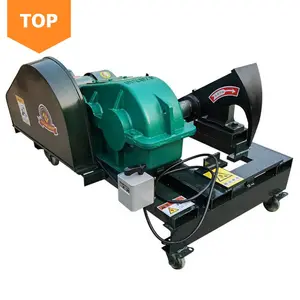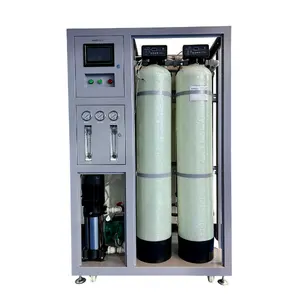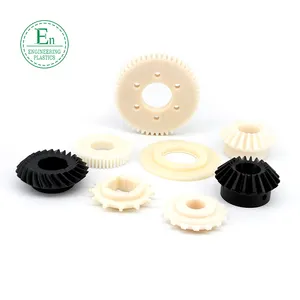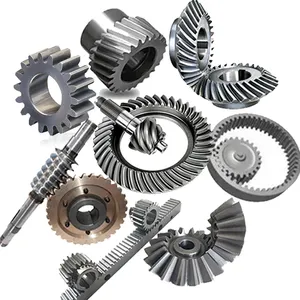Popular in your industry






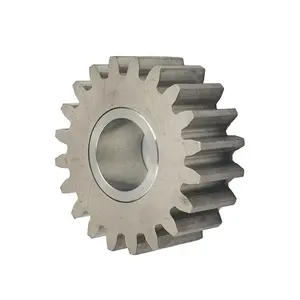













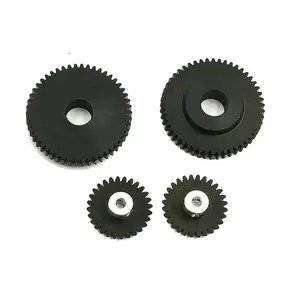


























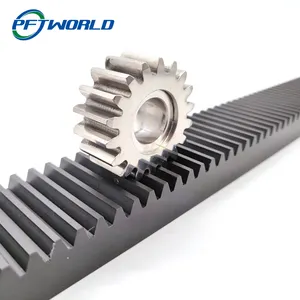




















































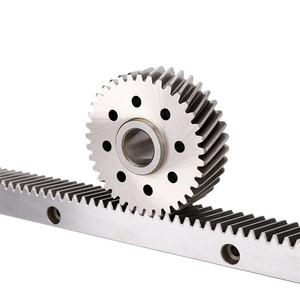















































































Top categories
About pinion gear
Introduction to Pinion Gear
Pinion gear is a crucial component in various machinery systems, playing a key role in power transmission. It is a small gear with a series of teeth designed to mesh with a larger gear, known as the gear or crown wheel. This interaction allows the pinion gear to transfer rotational motion and power effectively. Pinion gears are commonly used in automotive, industrial, and mechanical applications where torque needs to be transmitted from one shaft to another.
Types of Pinion Gears
There are several types of pinion gears available to suit different applications and requirements. Straight pinion gears are the most basic type, with straight teeth cut parallel to the gear's axis. Helical pinion gears feature angled teeth for smoother and quieter operation, ideal for applications where noise reduction is crucial. Spiral bevel pinion gears are used in applications requiring high speed and heavy loads, offering better tooth contact and strength. Additionally, hypoid pinion gears are commonly found in automotive rear axles, providing efficient power transmission at various angles.
Technical Specifications of Pinion Gears
Pinion gears come in a wide range of sizes and specifications to accommodate diverse machinery needs. The teeth of pinion gears are precision-cut to ensure smooth meshing with the corresponding gear. Materials like steel, brass, and even plastic are used in manufacturing pinion gears, depending on the application's requirements. It is essential to consider factors such as pitch diameter, pressure angle, and module when selecting a pinion gear for a specific application.
Advantages of Using Pinion Gears
Pinion gears offer several advantages that make them a popular choice in various industries. Their compact size allows for efficient power transmission in limited spaces, making them suitable for compact machinery designs. The meshing of pinion gears with larger gears enables the transmission of high torque levels, ensuring reliable performance in heavy-duty applications. Additionally, the availability of different types of pinion gears makes it possible to customize solutions based on specific application requirements.
Applications of Pinion Gears
Pinion gears find extensive use in a wide range of industries and applications due to their versatility and efficiency. In the automotive sector, pinion gears are essential components in steering systems, differentials, and transmissions. Industrial machinery relies on pinion gears for tasks such as conveyor belt movement and machine tool operation. Moreover, pinion gears are utilized in robotics, aerospace, and marine applications, showcasing their widespread utility across diverse sectors.
Choosing the Right Pinion Gear
When selecting a pinion gear for a specific application, several factors need to be considered to ensure optimal performance. It is essential to assess the torque requirements, speed ratios, and environmental conditions in which the gear will operate. Understanding the load capacity and material compatibility is crucial for longevity and efficiency. Furthermore, selecting the appropriate type of pinion gear, whether straight, helical, or spiral bevel, depends on the application's noise, speed, and load requirements.
Maintenance of Pinion Gears
Proper maintenance is key to ensuring the longevity and performance of pinion gears in machinery systems. Regular inspection of the gear teeth for wear and damage is essential to prevent unexpected failures. Lubrication plays a vital role in reducing friction and extending the gear's lifespan, so it is important to follow the manufacturer's recommendations for lubrication intervals and types. Additionally, monitoring the gear mesh alignment and backlash is crucial for smooth operation and noise reduction.
Conclusion
Pinion gears are indispensable components in machinery systems, offering efficient power transmission and torque capabilities across various industries. Understanding the different types, technical specifications, advantages, applications, and maintenance requirements of pinion gears is essential for selecting the right gear for specific machinery needs. By considering key factors and following proper maintenance practices, businesses can optimize the performance and longevity of pinion gears in their equipment.
